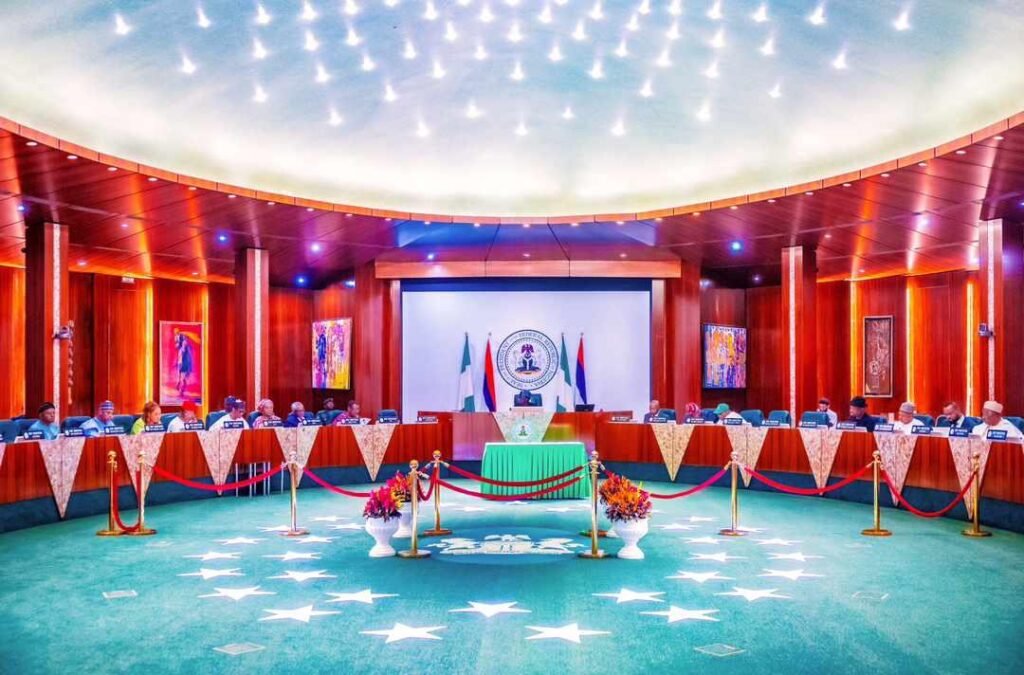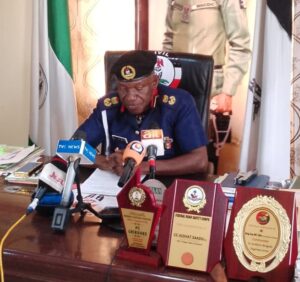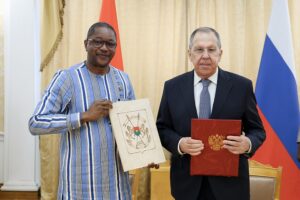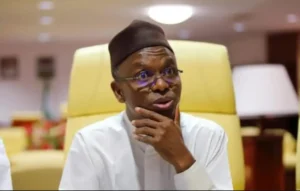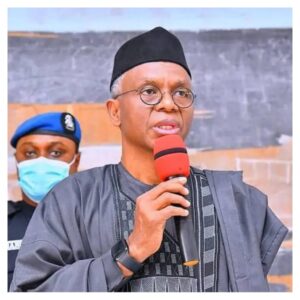In a significant step toward bolstering national defense, the Federal Executive Council (FEC) has approved a $618 million loan to purchase six new fighter jets and ammunition for the Nigerian Air Force. This move is part of the government’s broader strategy to modernize its military and strengthen Nigeria’s defense capabilities.
The loan, approved by a group of international financiers, will allow Nigeria to acquire six M-346 fighter jets and the necessary ammunition. Announced by the Minister of Information and National Orientation, Mohammed Idris, this decision came after the conclusion of an FEC meeting presided over by President Bola Tinubu.
The M-346 jets are advanced, multi-role combat aircraft that will provide the Nigerian Air Force with enhanced capabilities for both training and combat operations. The Nigerian Air Force has been working on renewing its fleet to improve its overall combat readiness, and the purchase of these jets is part of a larger plan. Earlier in October, the Air Force revealed its intention to procure 24 M-346 jets and 10 AW109 Trekker helicopters. The first three M-346 jets are expected to be delivered by early 2025, with the remaining deliveries set to continue through mid-2026.
This fleet renewal will significantly improve Nigeria’s air combat capability, enabling it to respond better to internal and external security threats. The new aircraft will also help the Nigerian Air Force maintain air superiority and provide support for ground operations.
In addition to the military loan, the FEC approved two important agreements aimed at strengthening economic cooperation with other nations. The first agreement was signed with the Hong Kong Special Administrative Region of China, and the second with the Republic of Botswana. Both agreements focus on eliminating double taxation on income and preventing tax evasion and avoidance. These deals will promote smoother business operations and encourage investments between Nigeria and these regions.
The FEC meeting was not solely focused on military and economic agreements. Another major highlight was the approval of a Creative Economy Fund. This new initiative aims to provide financial support to Nigeria’s booming creative industry, which includes sectors like film, music, fashion, and digital arts.
Minister of Art, Culture, Tourism, and Creative Economy, Hannatu Musawa, announced that the Creative Economy Fund will allow creative professionals to access funding by using their intellectual property (IP) as collateral. The fund has already attracted a commitment of $200 million from Afreximbank, a leading financial institution focused on promoting intra-African trade.
Musawa explained that the lack of basic structures, such as a robust intellectual property policy, had previously limited the growth of Nigeria’s creative sector. However, with the creation of the Creative Economy Fund, industry professionals can now access the capital they need to monetize their work and expand their businesses.
The government has partnered with the Ministry of Industry, Trade, and Investment and the Ministry of Justice to develop and implement an IP policy. This policy is expected to be finalized within the next two weeks, ensuring that creative professionals can benefit fully from the fund.
The establishment of the Creative Economy Fund is expected to create numerous opportunities for young Nigerians, particularly those engaged in the creative industries. With access to better funding, creative entrepreneurs will be able to expand their projects, generate more income, and contribute to Nigeria’s cultural and economic development.
This initiative aligns with the government’s goal of diversifying the economy and reducing its dependence on oil. By investing in the creative sector, Nigeria aims to tap into the global demand for African art, music, and fashion, which has seen significant growth in recent years.
Moreover, the development of a strong creative economy could lead to job creation for thousands of young people, as the industry expands and new projects emerge. This is particularly important for a country like Nigeria, where unemployment rates remain high, especially among the youth.
